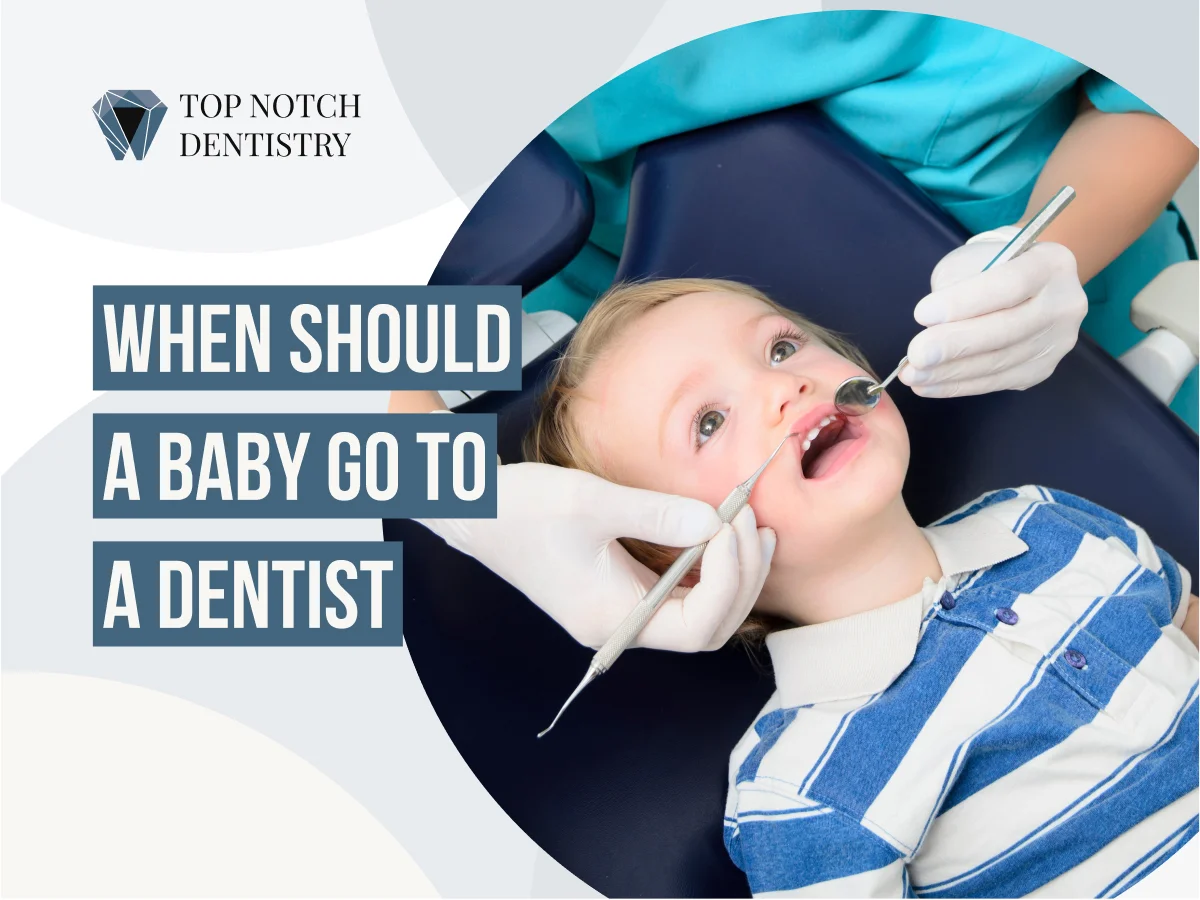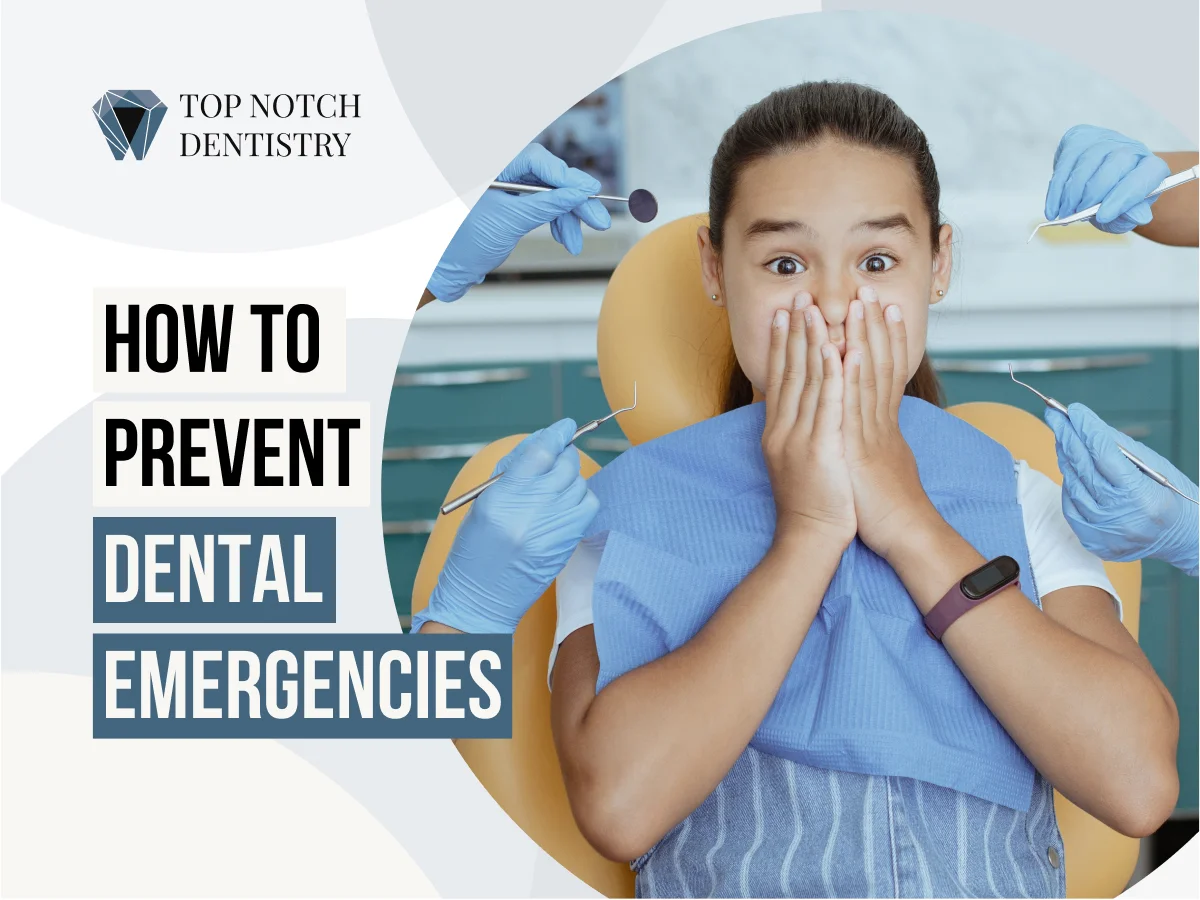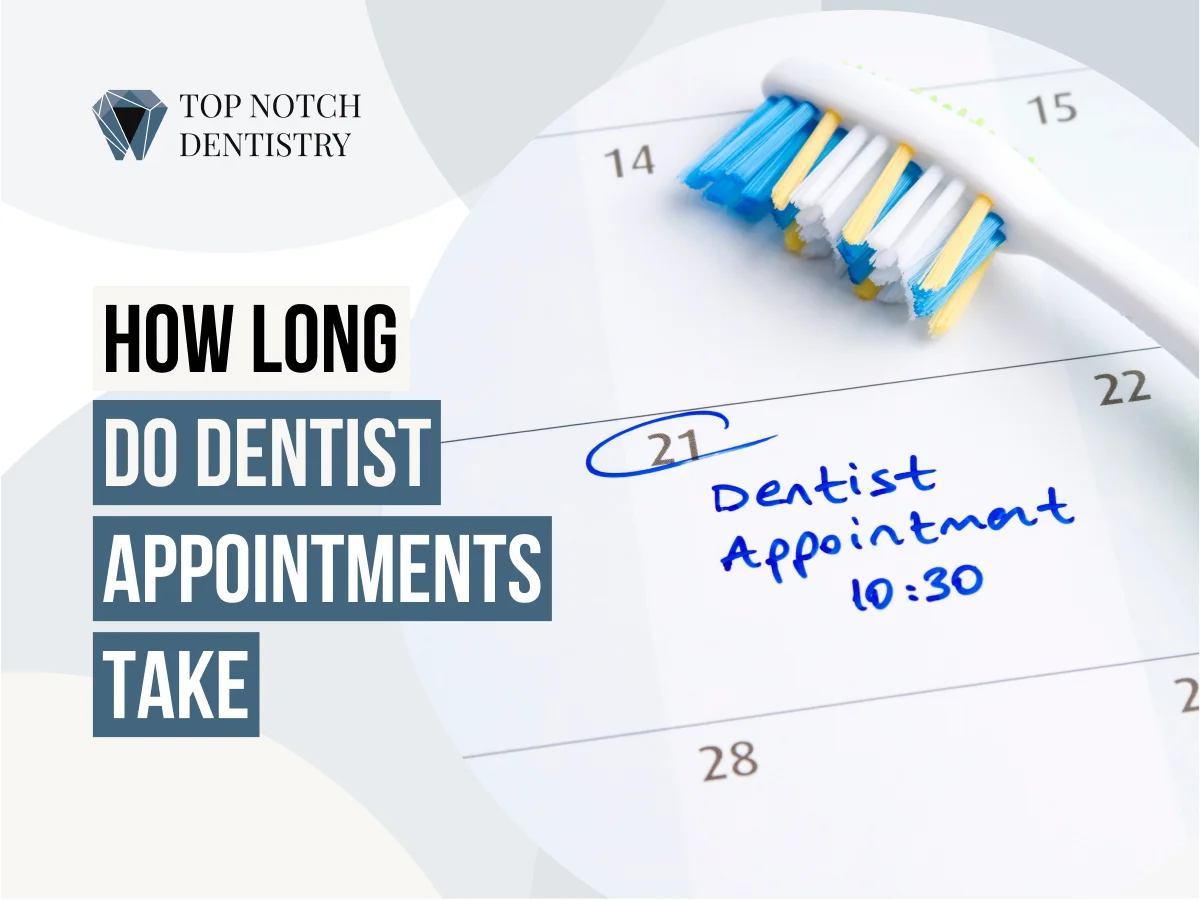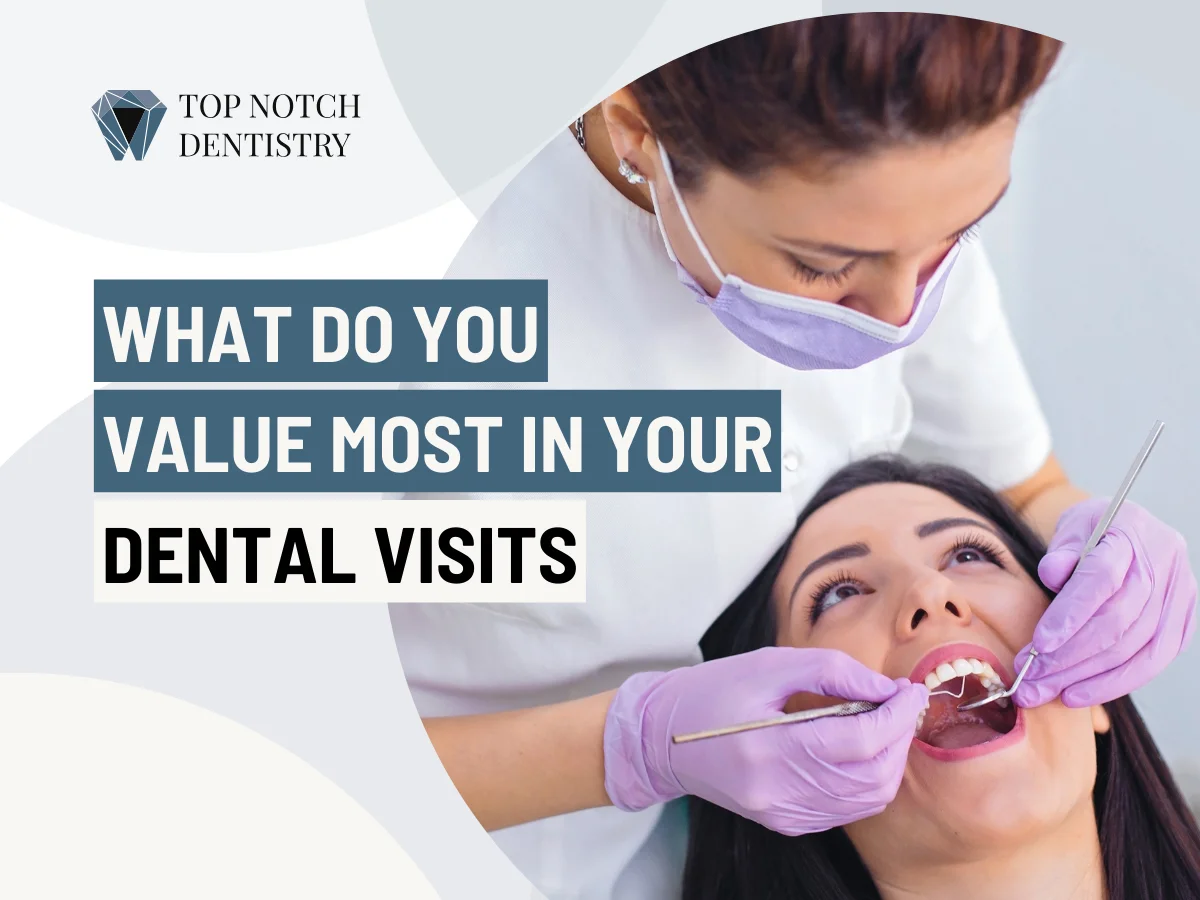
Every new parent wants to give their child the best start possible to ensure a lifetime of health and happiness. From maintaining a consistent routine to attending well-baby visits, there are several considerations that must be made to facilitate proper development, especially during a child’s first year.
However, when scheduling that all-important first dental appointment, many parents incorrectly wait for a full mouth of teeth. While dental care might seem less urgent for babies, it has been proven to play a critical role in a child’s overall oral health.
According to experts, early visits to the dentist are essential to establish healthy oral care habits and to prevent future complications like tooth decay. But when should a baby’s first dentist appointment take place–and what exactly should parents expect?
In this article, we outline everything you need to know about scheduling your baby’s first dental appointment. This will include how to mitigate anxieties, helping you lay the foundation for a positive initial experience. Keep reading as we explore that age-old question ‘When should a baby go to the dentist?’ and how to properly prepare for their first appointment.
Why Do Early Dental Visits Matter?
Early dental visits are crucial for monitoring the growth and development of your child's teeth, gums, and bite. They also ensure that any potential issues like decay are identified as soon as possible. Consequently, most experts agree that a baby should have their first dental visit at age 1, or within six months of their first tooth emerging.
Your baby’s first appointment is primarily an opportunity to educate parents on correct oral care. However, this first appointment is also important to establish a positive relationship between the child and the dentist. Follow-up visits should also occur every six months.
These routine visits enable the dentist to continue monitoring your child’s oral health and clean their teeth. They also enable the dentist to provide guidance for the parents on brushing, flossing, and dietary habits to help prevent cavities and promote proper oral hygiene.
Common Dental Conditions and Treatments
Baby bottle tooth decay is a common concern among infants. It occurs when sugary liquids like milk, juice, or formula cling to a baby's teeth, leading to the development of decay. To prevent this, avoiding putting your baby to bed with a bottle is important.
You should also begin brushing their teeth with a soft-bristled toothbrush as soon as the first tooth appears. Make sure you only use a tiny dab of fluoridated toothpaste at first, about the size of a grain of rice. The amount of toothpaste used should gradually increase to a pea-sized dab after their third birthday.
Cavities can develop early, especially if baby bottle tooth decay isn’t addressed. Fortunately, during routine dental visits, the dentist will carefully examine your child’s teeth for any signs of decay and may recommend treatment options, such as fillings, to prevent further damage.
Early Dental Practices
When should your child first see a dentist? You can take your child at a younger age, for example, by taking them along to your own appointments. However, experts recommend taking your child within 6 months of their first tooth appearing, or by about 12 months of age at the latest.
Proper dental practices from an early age are essential to maintaining your child’s oral health. Feeding habits, in particular, play a significant role, especially in preventing decay. To reduce the risk of baby bottle tooth decay, avoid letting your child fall asleep with a bottle filled with milk, juice, or other sugary liquids. Instead, offer water or remove the bottle entirely before bedtime or naps.
Cleaning your baby’s mouth should also begin well before their first tooth emerges. For this, simply wipe their gums gently with a clean, damp cloth after each feed. Once the first tooth appears, you should switch to using a soft-bristled toothbrush and a grain-of-rice-sized dab of fluoridated toothpaste twice a day.
When considering ‘when to take baby to dentist,’ baby’s first dentist appointment should be within 6 months of their first tooth appearing and no later than age 1. Preventative care is also key to ensuring long-term dental health. So, routine 6-monthly dental visits starting at age 1 help track your child's growth and development while establishing a foundation for good oral hygiene habits.
During these visits, your dentist will discuss healthy feeding and brushing practices to prevent decay. They may also recommend fluoride treatments to strengthen teeth and protect your child’s smile as they grow.
Behavioral Guidance
It's common for parents and children to feel anxious about a baby’s first dental visit. To help ease any concerns, it’s important to create a positive atmosphere before the appointment. Talk to your child calmly and reassuringly about what to expect. You can also bring a favorite toy or blanket for comfort during the visit to help them feel more secure in an unfamiliar environment.
Pediatric dentists are specially trained to work with children and infants. A dentist for infants often uses gentle language and a calm demeanor. This approach helps to reduce any anxiety the child may have and ensures a positive dental experience.
Habit correction is another key aspect of early dental visits. Experts can help identify and address behaviors that may affect your child’s oral health, such as thumb-sucking or prolonged pacifier use. These habits, if not corrected early, can impact teeth alignment and development, causing significant problems down the road.
Addressing these behaviors with the dentist’s guidance can help parents support their child in forming healthy dental habits that will last a lifetime.
Nutritional Advice
Your baby’s diet plays a crucial role in maintaining their oral health. To help prevent tooth decay, it’s best to limit sugary foods and drinks, which can lead to plaque buildup. Instead, you should choose healthier snacks like fruits, vegetables, and high-fiber foods that promote good dental hygiene. Additionally, avoid giving your child sticky, hard, or sweetened treats that can cling to their teeth and contribute to cavities and damaged enamel.
Bottle use also impacts your child’s dental health. To prevent baby bottle tooth decay, never put your baby to bed with a bottle filled with milk, juice, or any sugary liquids. Prolonged exposure to these liquids can lead to tooth decay, especially when saliva flow decreases during sleep.
If your child needs comfort during naps or bedtime, offer a bottle of water instead or remove the bottle once feeding is done. Gradually weaning your baby off the bottle by their first birthday can also reduce the risk of dental problems, setting them up for healthier habits as they grow.
Pediatric Dental Care From Top Notch Dentistry of Dallas
At Top Notch Dentistry of Dallas, we approach pediatric dental care compassionately, ensuring your child’s first dental visit is smooth, comfortable, and stress-free. We recommend bringing your baby for their first dental appointment by age 1 to help prevent early tooth decay and establish good oral hygiene habits.
Our gentle and caring team will guide you through proper cleaning techniques and monitor your child’s dental development as they grow. Contact Top Notch Dentistry of Dallas today to schedule your baby’s first dental visit and give them the best start to lifelong oral health!


